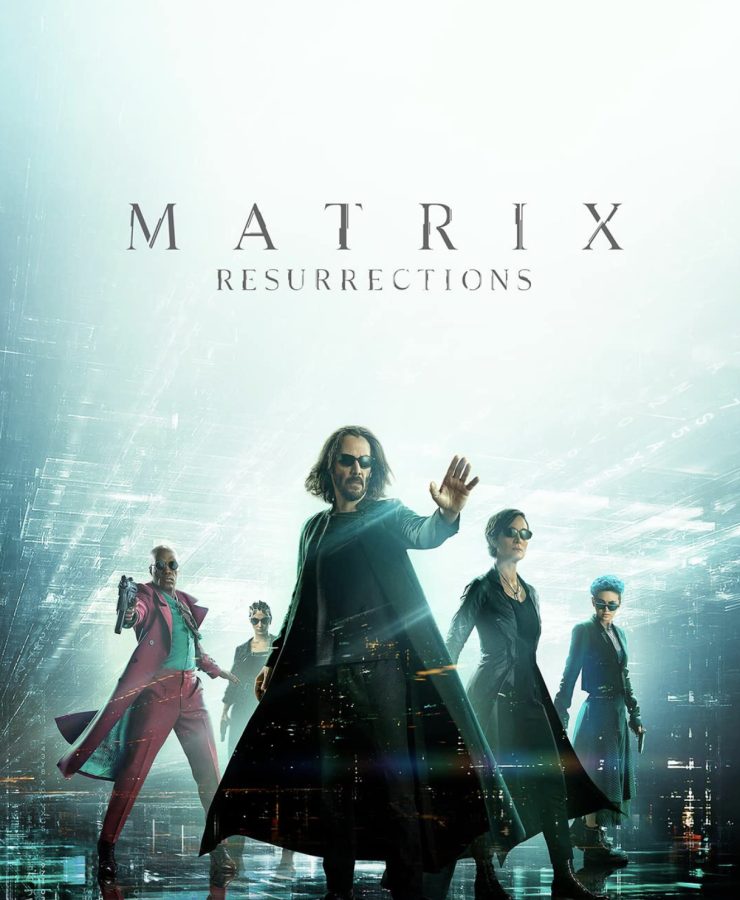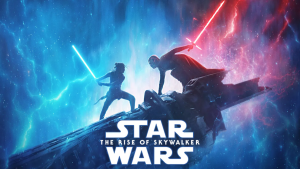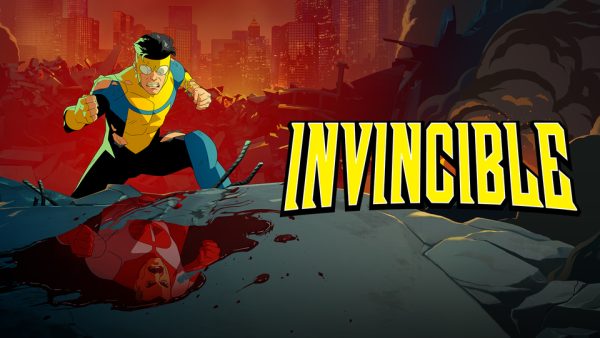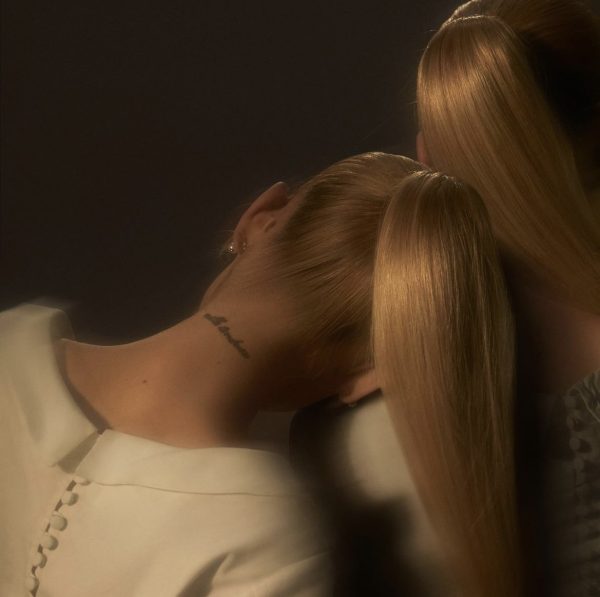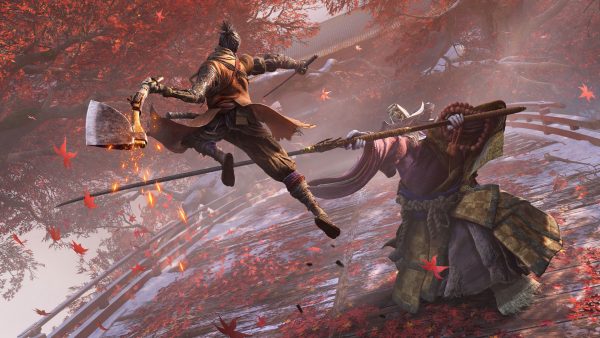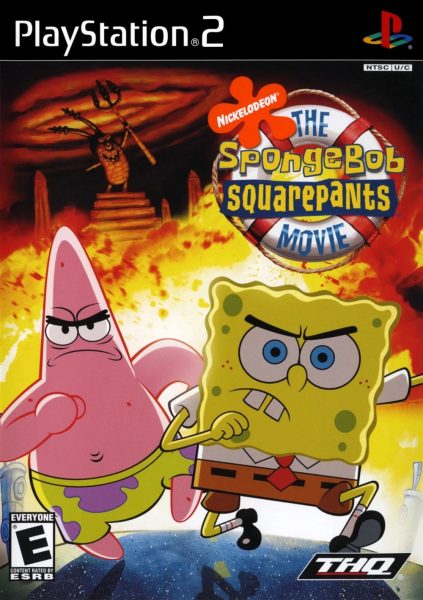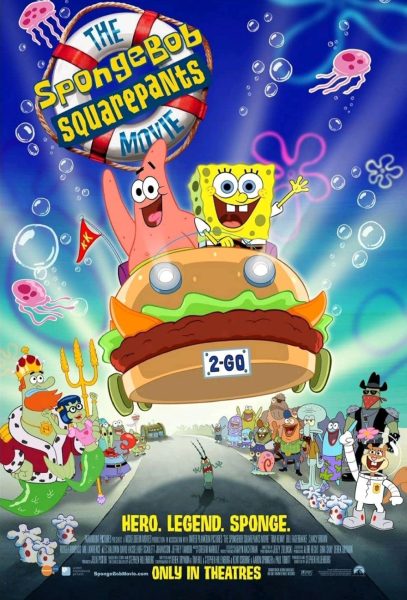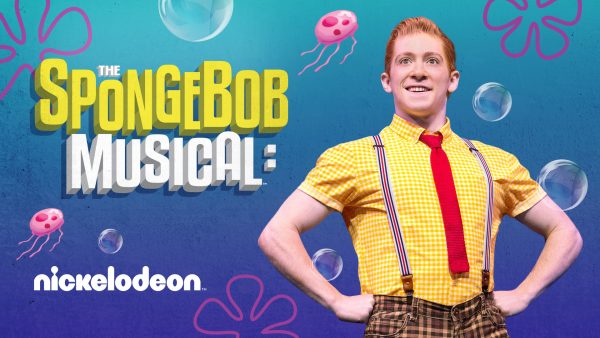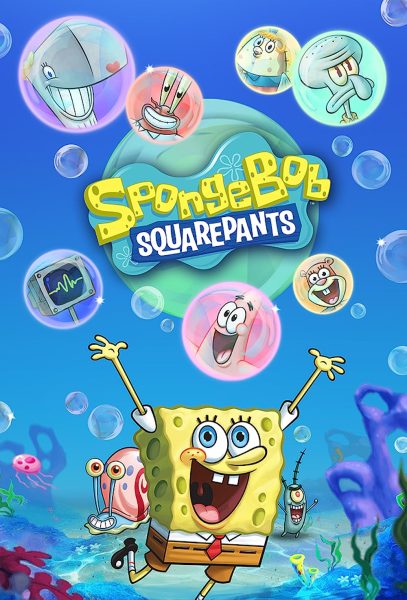“The Matrix Resurrections” is the most subversive blockbuster sequel you will ever see
Image courtesy of Warner Bros.
The Matrix Ressurections hit theaters and HBO Max in December 2021.
January 26, 2022
Editor’s Note: This review contains minor spoilers for “The Matrix Resurrections”
“The Matrix Resurrections,” hit theaters and HBO Max in December 2021 with much anticipation and speculation as the fourth installment of The Matrix franchise. After the controversy and criticism surrounding the Matrix sequels, fans didn’t quite know what to expect from this new film. Not only was it being released eighteen years after the last installment, it also featured only one returning co-director.
In previous Matrix films, a hacker named Neo (Keanu Reeves) finds out the world he lives in is fake. It’s a simulation, known as the Matrix, created by artificial intelligence (AI) to keep humans sedated in the fake world as living batteries. Throughout the three films, Neo, Trinity (Carrie-Ann Moss) and their friends have to try and save humanity by ending the war between humans and the AI.
“The Matrix” was released at the right time in film history — the turn of the century, 1999. It had philosophies about the nature of control, ambitious science-fiction special effects, and incredibly choreographed action sequences. It was one of the most influential films of all time and it forever changed the way audiences watched action movies.
“The Matrix Resurrections” picks up after the events of the last film. We are introduced to a new version of Neo as a video game developer, who worked on a trilogy of games called “The Matrix.” Unsure if his past life was anything more than a fictional story, Neo has to grapple with reality. He has to confront the truth and go back to where it all began.
With such a weird reentry to a franchise that hasn’t been visited since 2004, I would not fault anyone for not liking this film. As far as blockbusters go, it’s about as weird as it gets. To a lot of audiences, this film was an irredeemable mess that tries and fails to replicate the originals.
However, I personally enjoyed this movie. If you’re intrigued why, then follow me, and I’ll show you how far this rabbit hole goes.
I’ll be upfront and say that while I adore this film, it does have a few flaws that shouldn’t go unmentioned. When comparing this to previous Matrix installments, the fight choreography is lacking. Additionally, I think some minor characters should have gotten more of a plotline.
Even with the flaws, I appreciate the film not trying to be like the others.
“The Matrix Resurrections” throws us into a world where Thomas Anderson (known as Neo outside of the matrix) is the creator of the Matrix trilogy, a set of games that are loosely based on his own life and the people in it. He’s miserable, coasting aimlessly through life as he is faced with making a fourth game in the series that ruined his mental stability.
You might think that’s a bit complicated, right? The movie is referencing its own existence in the plot as well as the difficulties of bringing back an old series with a new installment. Wouldn’t it have been easier to either remake the first film or just experience the same story for this soft reboot?
The answer to these questions is plain and simple: the Matrix isn’t easy to comprehend from one viewing or perspective, and that’s what makes it awesome.
Lana Wachowski, the director of “The Matrix Resurrections” and co-director of the original trilogy, spent most of her filmmaking career reckoning with both a good and bad legacy of the previous films. When Wachowski was interested in revisiting this world, her goal was to make a deeply personal film disguised as another Hollywood cash-grab sequel, according to an interview with the Associated Press.
“Resurrections” is about our relationship to fiction. It’s about the recognizable elements of the previous films that most audiences attach themselves to through pop culture, as well as the minority of viewers that believe their favorite franchise is misunderstood. Most importantly, this film confronts our consumerist need to see the return of beloved characters we got attached to all those years before.
Morpheus ( Yahya Abdul-Mateen II) and Agent Smith (Jonathan Groff) are portrayed by new actors for the first time. While jarring at first, it makes perfect sense to have new actors playing these familiar roles as it aids to the themes of repetition and reinventing the nostalgic media we loved in the past. Not to mention the energetic and fun presence of Jessica Henwick as Bugs, who holds her own amidst all of these returning veteran actors.
Past the meta-commentary, the franchise hallmarks and the action scenes, the heart of this film is the love story between Neo and Trinity. That’s been the driving force for all of these films, but now it is the central conflict of the narrative. The electrifying chemistry from Reeves and Moss is on full display here, making me giddy every time I see them interact with each other.
I love these characters, and I love what Lana Washoski has to say about filmmaking. After only two viewings and many more to come, I give “The Matrix Resurrections” a nine out of ten.
This film isn’t for everyone. It’s jarring in a way that might seem threatening to fans of the original. To me, “The Matrix Resurrections” is a film that gets more interesting and worth discussing every time I watch it.
Though this film isn’t an easy pill to swallow, I would still advise you to consider this film the next time you feel bogged down by the mundanity of the current trend of franchise-based blockbusters. Maybe you’ll find yourself repelled by it, or you might be enthralled to a point of recontextualizing every movie you have ever seen. This choice is up to you, but even that binary is much too simple for a nuanced work like “The Matrix Resurrections.”

